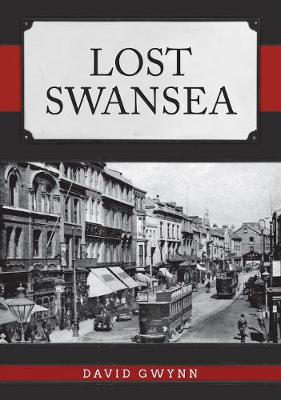Lost
1 total work
Swansea's massive expansion during the Industrial Revolution and its aftermath can still be seen today. The world's leading copper-smelting area, its docks were conveniently situated for the South Wales coalfields and copper mines in Cornwall, and the whole lower Swansea Valley was criss-crossed by railway lines. Thousands were drawn to live and work in the city, but the heavy industries declined in the twentieth century. Swansea was devastated by aerial bombardment in the Second World War and much of the city centre, docks and old industrial Swansea has been rebuilt in subsequent decades, with the regeneration continuing today.
Lost Swansea presents a portrait of a city and a way of life that has radically changed or disappeared today, showing not just the industries, buildings, people and street scenes that have gone, but also many popular places of entertainment and much more. This fascinating photographic history of lost Swansea will appeal to all those who live in the city or know it well, as well as those who remember it from previous decades.
Lost Swansea presents a portrait of a city and a way of life that has radically changed or disappeared today, showing not just the industries, buildings, people and street scenes that have gone, but also many popular places of entertainment and much more. This fascinating photographic history of lost Swansea will appeal to all those who live in the city or know it well, as well as those who remember it from previous decades.
